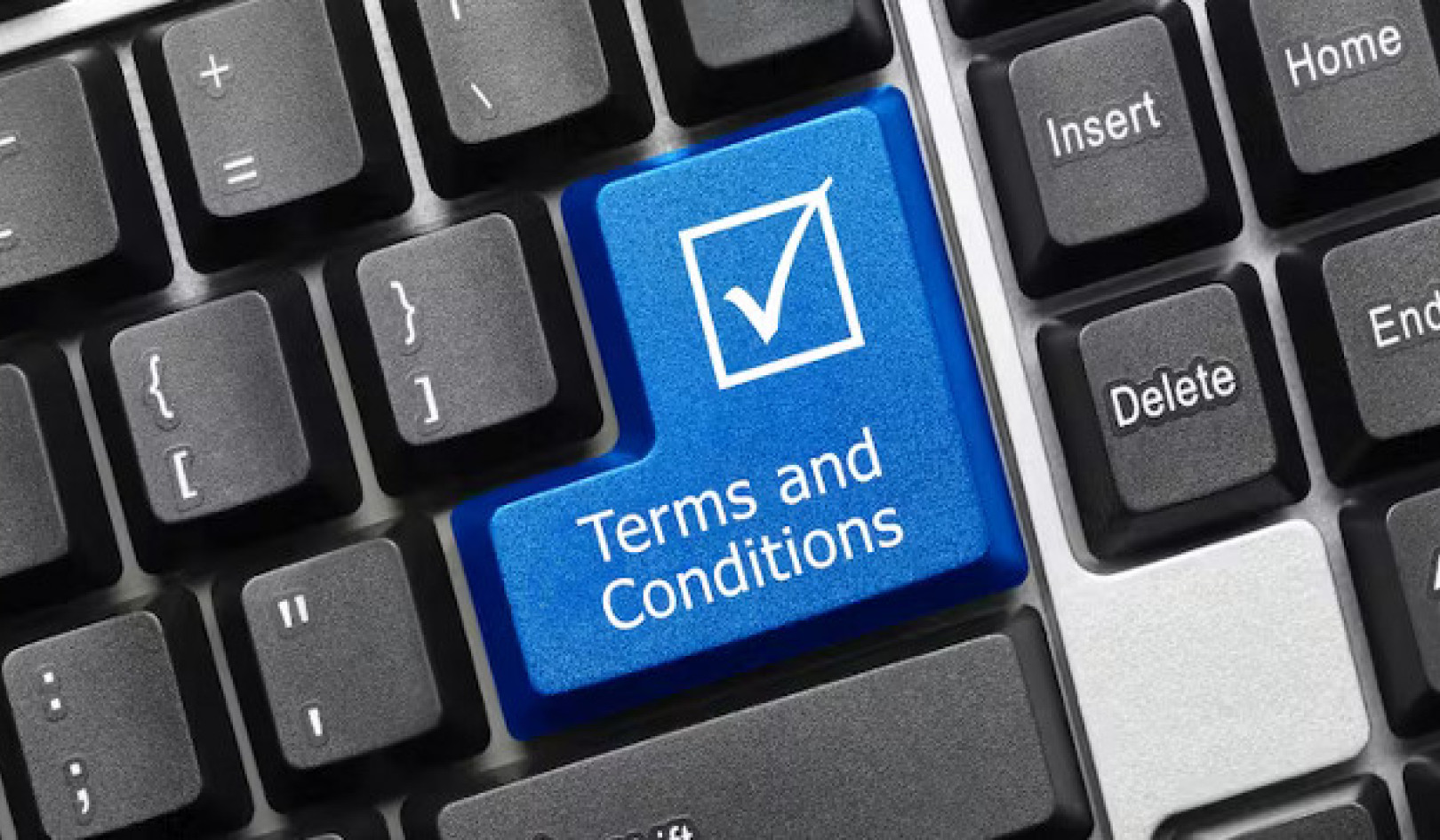
"What effect does this combination of financial and health uncertainty have on people? And how do they deal with it? Our study suggests that the effect is profound," says Lynsey Romo. "The pandemic, and related expenses, may make it worse."
A recent qualitative study sheds light on how people cope with health and financial challenges.
The study highlights the important role that communication plays in these coping strategies.
“This is one of the first studies to look at how people respond to the combination of financial uncertainties and health uncertainties,” says first author Lynsey Romo, an associate professor of communication at North Carolina State University. “And it drives home that uncertainty about money and uncertainty about health go hand in hand. Financial limitations created significant health challenges—such as an inability to afford prescription medications. And health problems created significant expenses leading to serious financial challenges.
“It gets to the point where [the financial uncertainty] just weighs against you. Like, am I worth doing this procedure?”
“The study also highlights that these challenges span income levels. You can have a good job, good insurance, do everything ‘right,’ and still find yourself struggling due to the nature of the healthcare system in the US.”
For the study, researchers conducted in-depth interviews of 17 US adults. All were white; 14 identified as women. Study participants had medical debt ranging from less than $10,000 to more than $150,000. Salaries also ranged from less than $10,000 to more than $150,000. The health problems that resulted in financial struggles included conditions such as cancer, cystic fibrosis, and stroke.
The researchers found that health-related financial uncertainty had significant adverse consequences for the physical and mental health of many study participants. For example, many interviewees reported experiencing symptoms of emergent depression and other mental health issues related to their health conditions and related financial challenges.
As one study participant noted: “It gets to the point where [the financial uncertainty] just weighs against you. Like, am I worth doing this procedure?… I’ll never make this much money. I’m never going to be able to pay this off.”
The researchers discovered a range of strategies that study participants utilized to manage their uncertainty.
“Many of these strategies revolved around communication,” Romo says. “Seeking information and emotional support from your social network is inherently about communication. Seeking financial help or help in getting to medical appointments is about communication. Advocating for yourself or others in the context of medical care is all about communication. So being able to share information effectively is incredibly important.”
Other strategies for managing uncertainty involved making sacrifices—and provided clear examples of the impact that uncertainty can have on physical health.
For example, study participants reported buying less food in order to afford medication; being unable to afford medications at all; taking less medication than a doctor prescribed in order to make it last longer; being unable to attend health appointments due to cost.
“Qualitative studies, like this one, are important,” Romo says. “There are lots of statistics about how many people are struggling with medical debt. I remember seeing survey data from early last year showing that more than 30% of US workers carry medical debt—and that was looking at people with jobs, before the pandemic.
“Qualitative studies give us a fuller understanding of what those numbers mean in real-world terms. What effect does this combination of financial and health uncertainty have on people? And how do they deal with it? Our study suggests that the effect is profound. The pandemic, and related expenses, may make it worse. And this is something we need to be looking at.”
About the Authors
The paper appears in the journal Health Communication. Additional coauthors are from the University of Illinois at Urbana-Champaign and the North Carolina Department of Health and Human Services. - Original Study
Related Books:
The Body Keeps the Score: Brain Mind and Body in the Healing of Trauma
by Bessel van der Kolk
This book explores the connections between trauma and physical and mental health, offering insights and strategies for healing and recovery.
Click for more info or to order
Breath: The New Science of a Lost Art
by James Nestor
This book explores the science and practice of breathing, offering insights and techniques for improving physical and mental health.
Click for more info or to order
The Plant Paradox: The Hidden Dangers in "Healthy" Foods That Cause Disease and Weight Gain
by Steven R. Gundry
This book explores the links between diet, health, and disease, offering insights and strategies for improving overall health and wellness.
Click for more info or to order
The Immunity Code: The New Paradigm for Real Health and Radical Anti-Aging
by Joel Greene
This book offers a new perspective on health and immunity, drawing on principles of epigenetics and offering insights and strategies for optimizing health and aging.
Click for more info or to order
The Complete Guide to Fasting: Heal Your Body Through Intermittent, Alternate-Day, and Extended Fasting
by Dr. Jason Fung and Jimmy Moore
This book explores the science and practice of fasting offering insights and strategies for improving overall health and wellness.
care

























